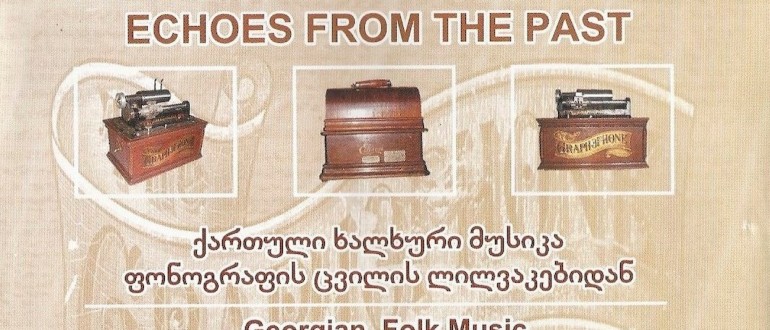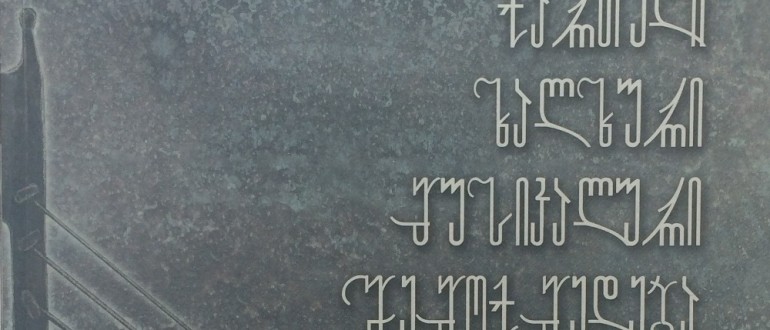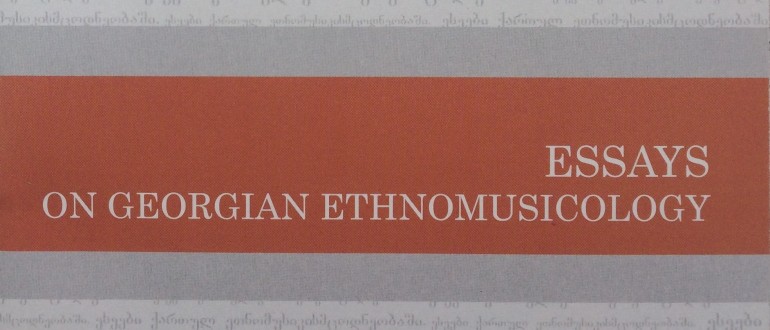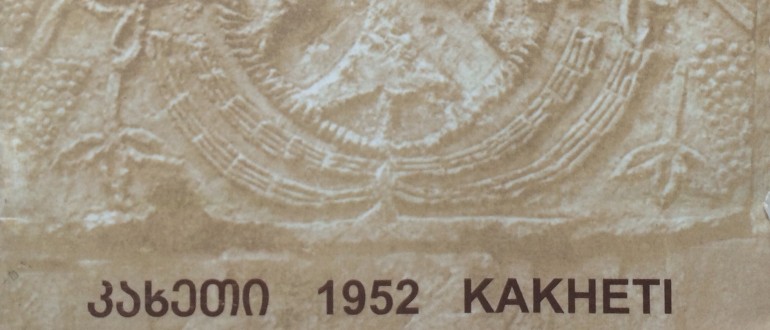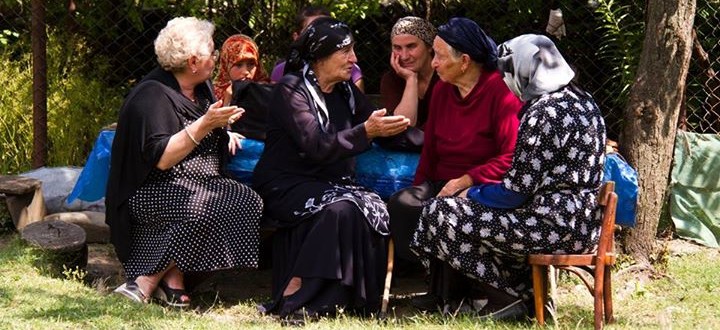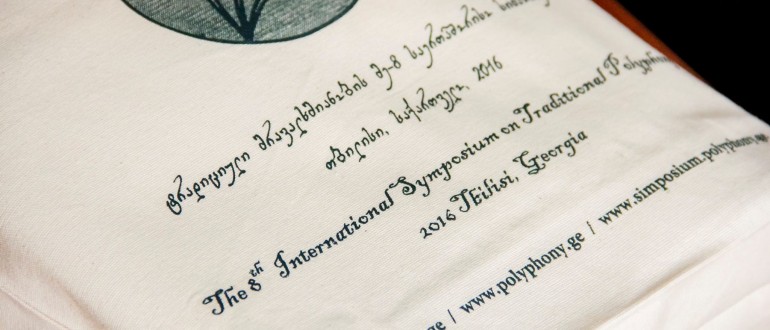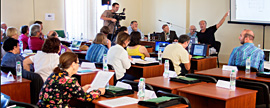In 2006-2008 the International Research Centre for Traditional polyphony realized the project “Echoes from the Past – Transmission of wax cylinder collections on digital media” with financial support of Georgian Ministry of Culture, Monument Protection and Sport, and support of Vienna phonogrammarchiv; as part of the project Mr. Franz Lechleitner of Vienna Phonogrammarchiv visited Georgia twice and with his device transmitted the Georgian folk songs from wax cylinders to digital media. This was followed by the publication of the catalogue and 16 audio CDs in three stages. The recordings underwent minimal processing in order to maintain initial sounding at most, which increases scientific value of the publication and grants it original meaning.

